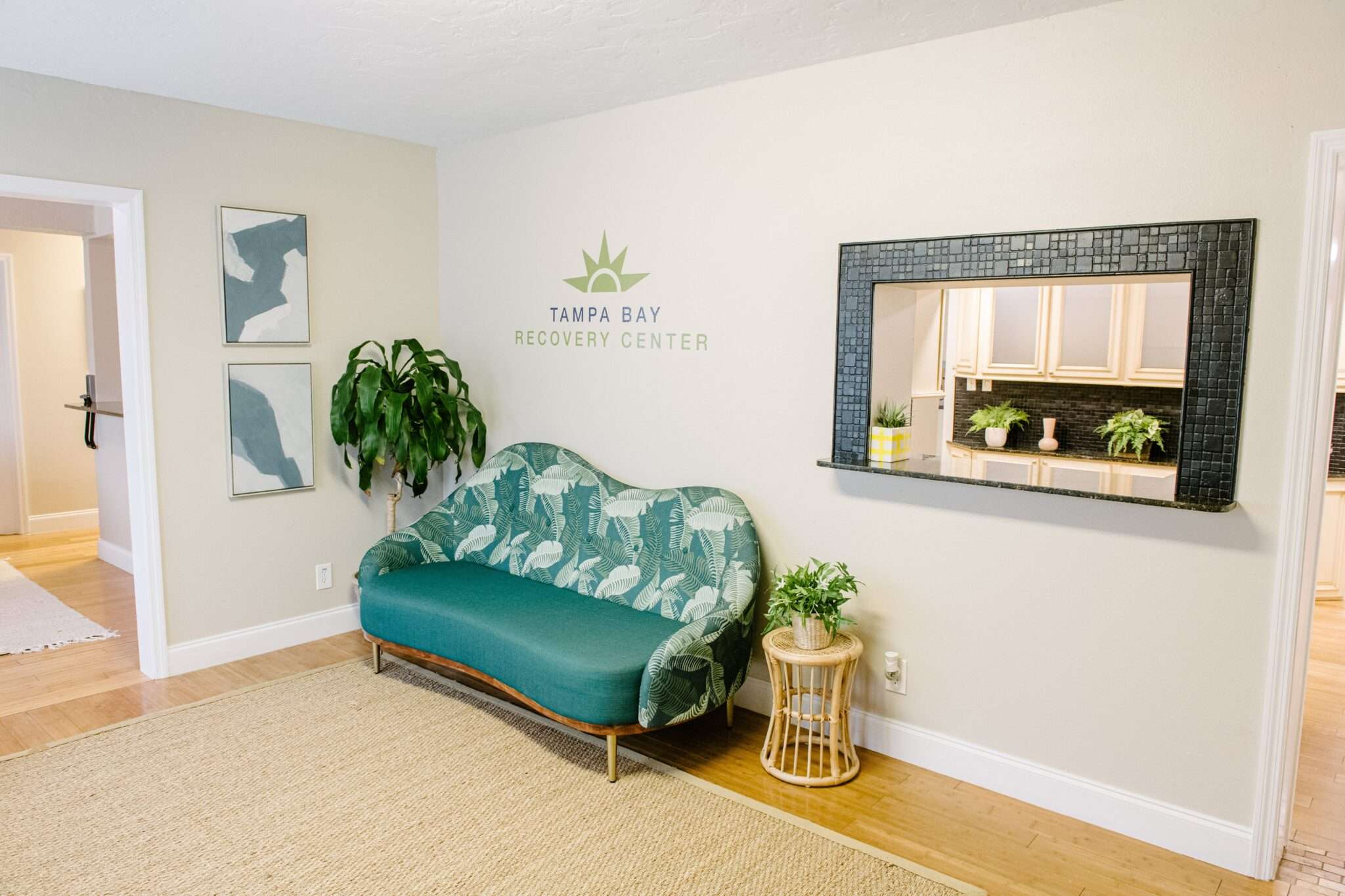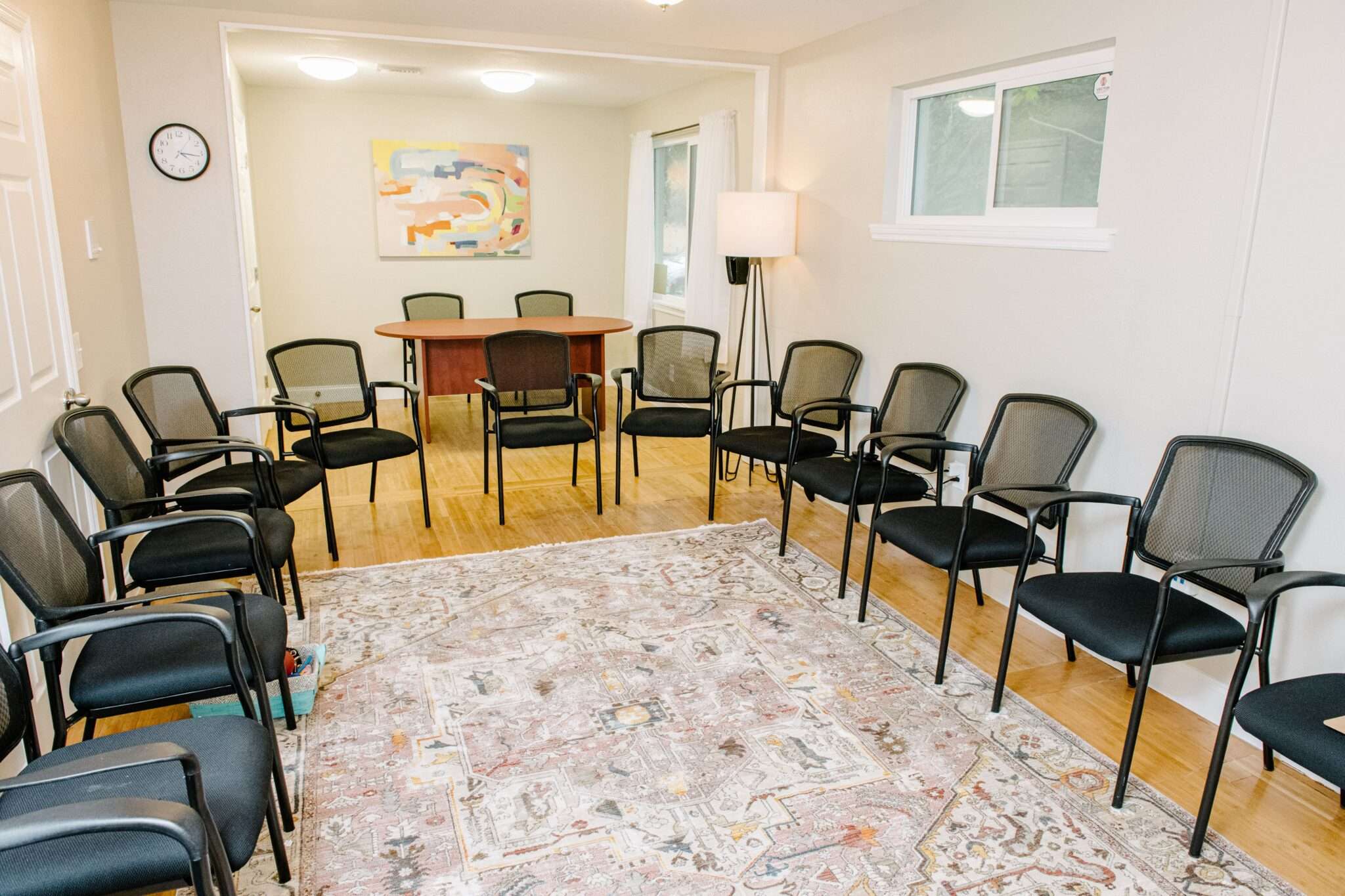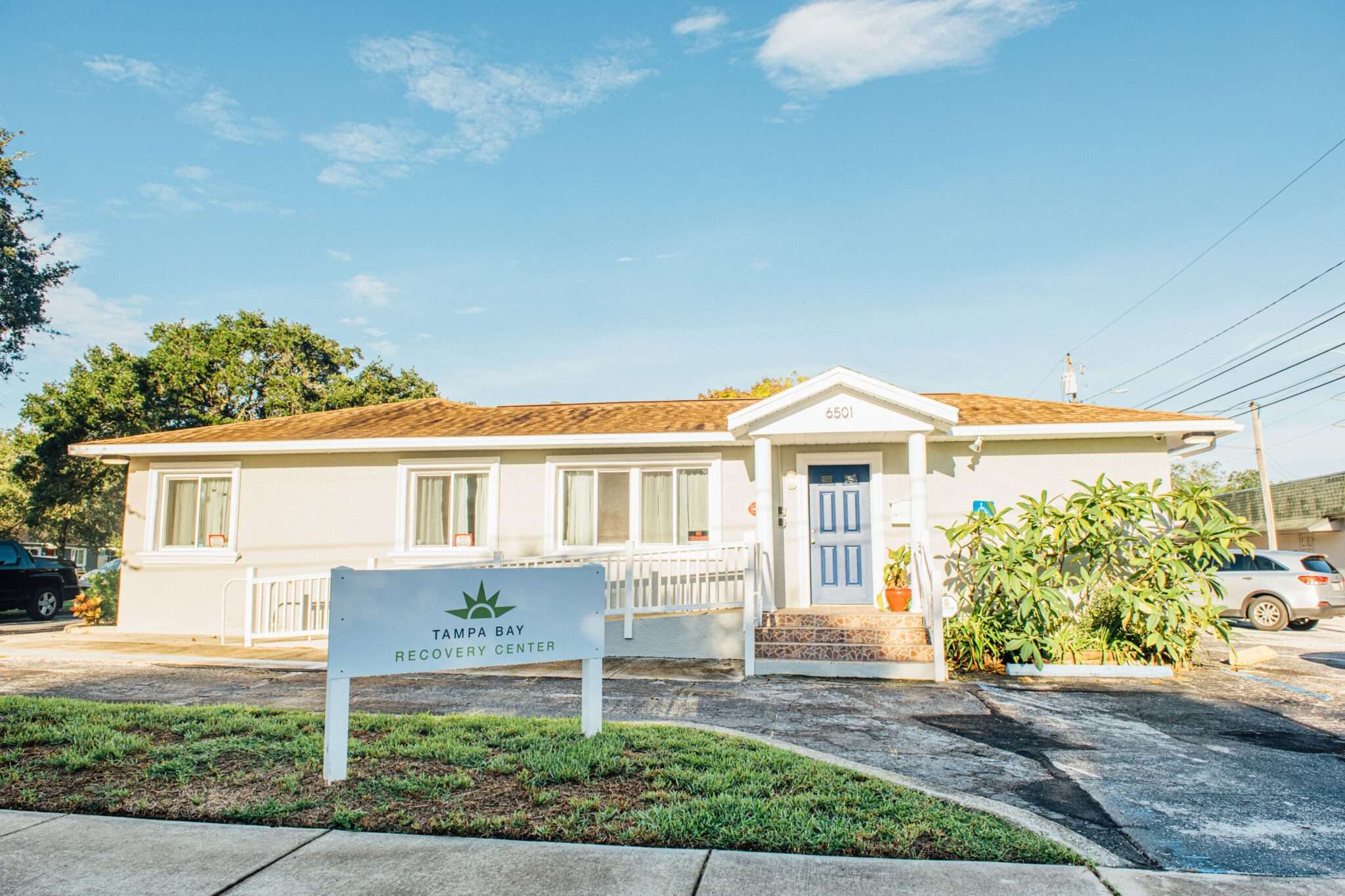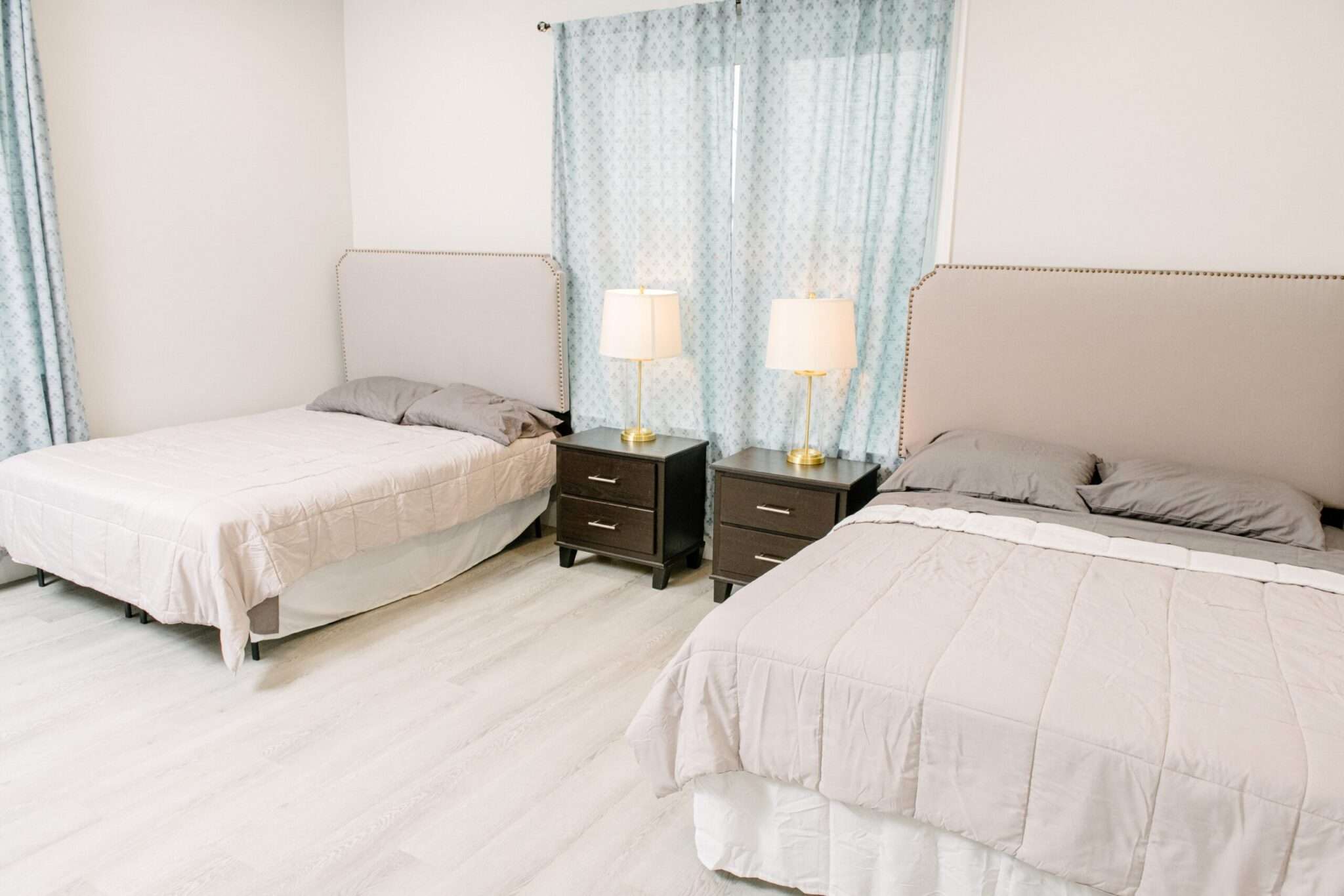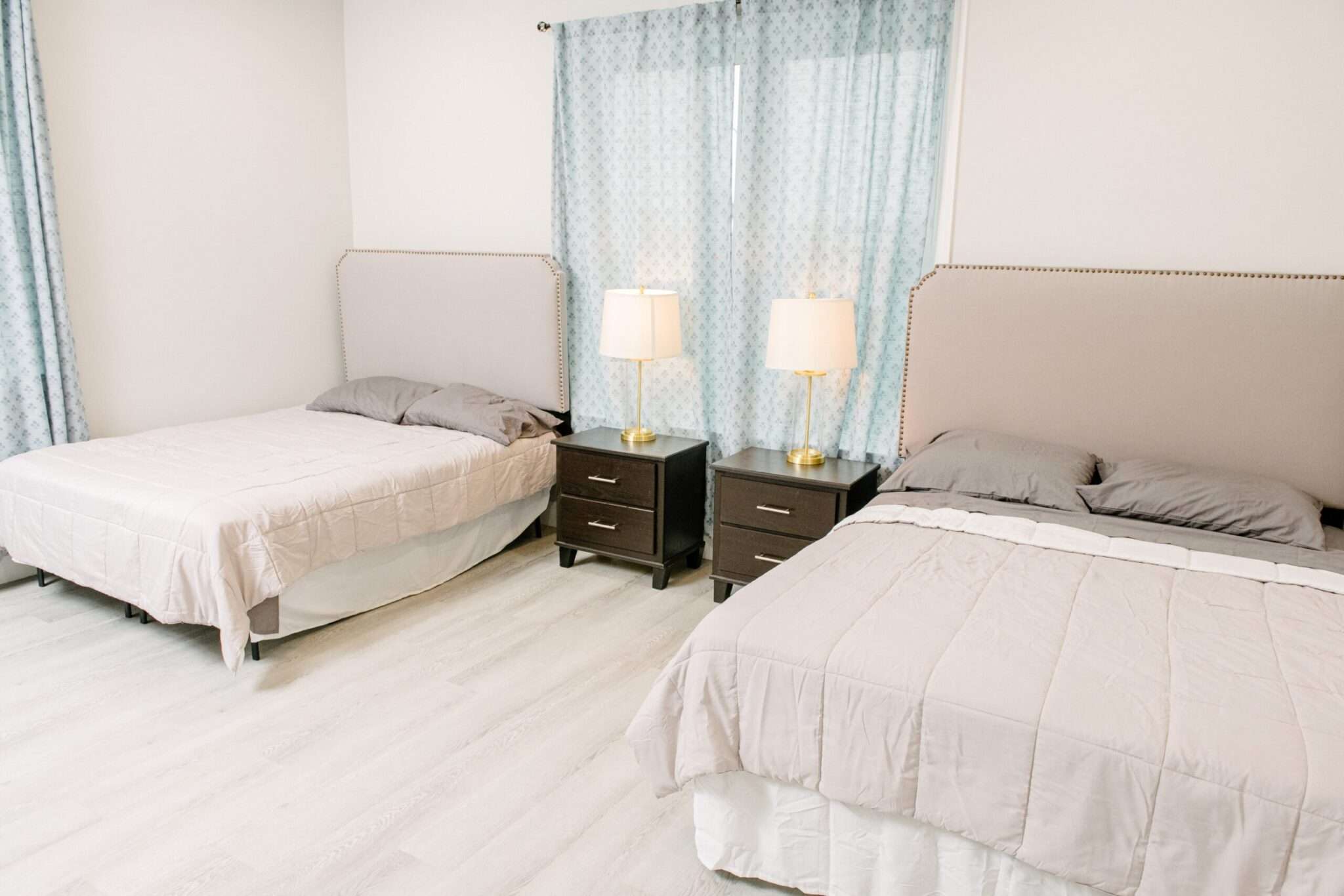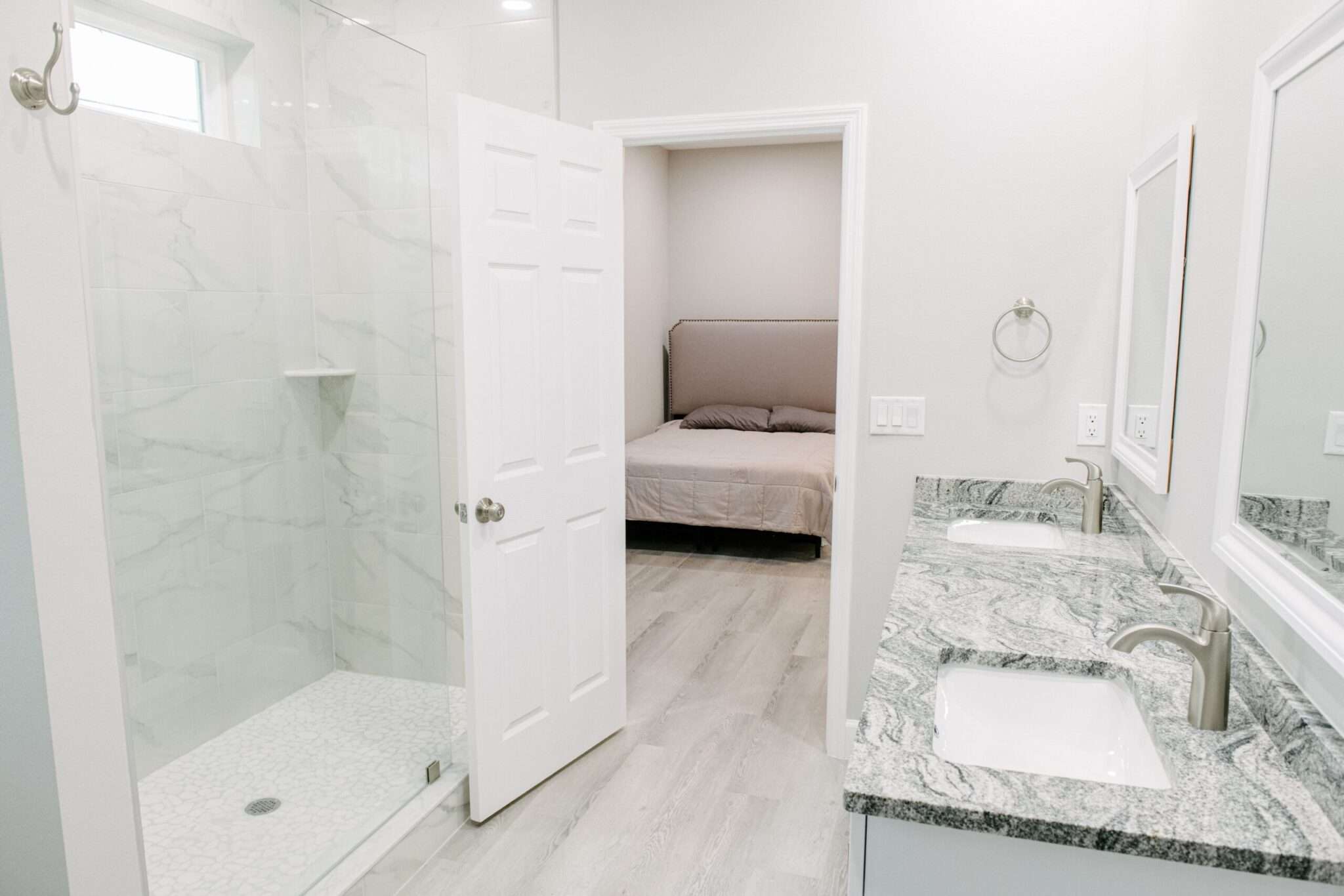According to the Anxiety & Depression Association of America (ADAA), anxiety disorders affect about 40 million US adults per year—or 19.1% of the total population. This makes anxiety disorders the most common type of mental health disorder in the US. So, what are the causes? And, is anxiety hereditary or is it a learned response to stress?
Is Anxiety Hereditary?
The simple is yes, anxiety is hereditary. However, there isn’t a specific anxiety gene. Rather, specific genes interact in a way that predisposes you to anxiety. But, these genes aren’t necessarily activated and could remain dormant depending on your environment.
Simply put, even if you inherited a predisposition to anxiety from your parents, you aren’t guaranteed to be anxious yourself. This depends greatly upon environmental factors that either protect your mental health or put your mental health at risk. Protective factors reduce the risk that your anxiety will activate, whereas risk factors increase your potential of developing an anxiety disorder.
Protective factors include things like:
- Supportive family and friends
- Learning how to ask for help
- Open and honest communication in your home
- Developing problem-solving skills
- Role models for healthy behavior
- Abstaining from drugs and alcohol
- Safe and secure home environment
On the other hand, the risk factors for developing anxiety are both a lack of protective factors and the presence of the following:
- Family members with untreated mental health or substance use disorders
- Traumatic events or adverse childhood experiences (ACEs)
- Significant life changes in childhood, like moving, parental divorce/remarriage
- Financial difficulties and poverty
- Loss of a loved one or family member
So, while anxiety is hereditary, it is less likely to occur if you have a safe and stable upbringing. To some extent, anxiety can also be a learned response to adverse events and stress.
Is Anxiety a Learned Behavioral Response?
If you have an anxiety disorder, you probably display certain behaviors. But can these behaviors be learned by observing parents with poor coping skills for stress? And, if so, does that mean anxiety isn’t hereditary, but rather, a learned behavioral response?
The simple answer is that anxiety can be learned, however, this goes back to environmental factors in childhood. If you grow up in a home with several risk factors and few protective factors, it’s likely that your parents also display anxious behaviors and other maladaptive coping skills. Generally, anxiety causes you to avoid people, places, or situations that trigger anxiety.
So, if your parents avoided anything that caused their anxiety, you might adopt similar behaviors. As a result, you never address your symptoms or triggers. These learned behaviors combined with genetic predisposition can cause you to struggle with anxiety as well.
If Anxiety Is Hereditary, Can I Overcome It?
Yes, you can overcome anxiety, even if it is hereditary. Remember, your anxiety disorder is caused by a combination of genetics and environmental factors that activate anxiety. So, if you can change some things in your environment, then you can find relief from anxiety.
Some ways to change these environmental factors include:
- Finding a support group
- Reaching out for professional treatment
- Communicating with loved ones about how you feel
- Creating a structure and routine
- Avoiding drug and alcohol use (or finding treatment for a co-occurring addiction)
In addition to improving your environment, you can also change your behaviors to reduce anxiety symptoms. Oftentimes, people with mental health disorders have poor coping skills for everyday stress. When you develop poor or maladaptive coping skills, your symptoms don’t get better—in fact, they often get worse.
However, the following behavioral changes can help you overcome anxiety:
- Exercise
- Developing hobbies and interests
- Diversionary activities (listening to music, watching movies, puzzles, etc)
- Meditation and breathwork
- Journaling
- Healthy eating habits
Of course, many people with anxiety disorders struggle with changing their environments and behaviors. That is why professional treatment is a necessary first step to recovering from anxiety.
How Are Anxiety Disorders Treated?
Anxiety disorders are most often treated with a combination of medication, talk therapy, and additional therapeutic activities. By combining several approaches, you greatly improve your chances of recovery. Thus, it’s important to find multiple ways to treat anxiety rather than trying a one-size-fits-all approach.
At Gulf Coast Recovery Center, we offer the following treatment approaches for anxiety and other mental health disorders:
- Individual and Group Therapy: Therapy, along with medication, is the gold standard of anxiety treatment. Individual counseling sessions allow you to discuss your anxiety privately with a therapist to find new ways of thinking and behaving. During group therapy, you and your peers can support one another as well as practice the coping skills that you’ve learned.
- EMDR Therapy: Eye movement desensitization and reprocessing (EMDR) can help you process traumatic events that could be an underlying cause of anxiety. During EMDR therapy, your therapist guides you through bilateral stimulation to calm your mind as you process your trauma.
- Brainspotting: Similar to EMDR therapy, brainspotting helps you process trauma by activating trauma responses and teaching you to cope with them. In turn, this can help you manage symptoms of anxiety.
- Holistic Therapy: Anxiety affects more than just your mental health. Holistic therapy treats multiple aspects of health and wellness, including physical, emotional, and social health. During holistic therapy, you can choose various activities, like yoga, meditation, and breathwork.
- Psychiatry: Prescription drugs like anti-depressants and anti-anxiety medications can reduce your anxious symptoms and repair chemical imbalances that could be hereditary. For some people, psychiatry helps them in early treatment until they learn other coping skills. For others, they might need medications long-term or as needed for panic attacks.
Get Help for Anxiety in Tampa, FL
Anxiety is caused by both hereditary and environmental factors. While you might be born with a predisposition to anxiety, you can make behavioral and environmental changes to reduce your symptoms. In fact, while anxiety is one of the most common mental health disorders in the US, it is treatable with a combination of therapy, medications, and lifestyle changes.
If you or a loved one need help with anxiety, contact Gulf Coast Recovery Center in Tampa, Florida, today.


